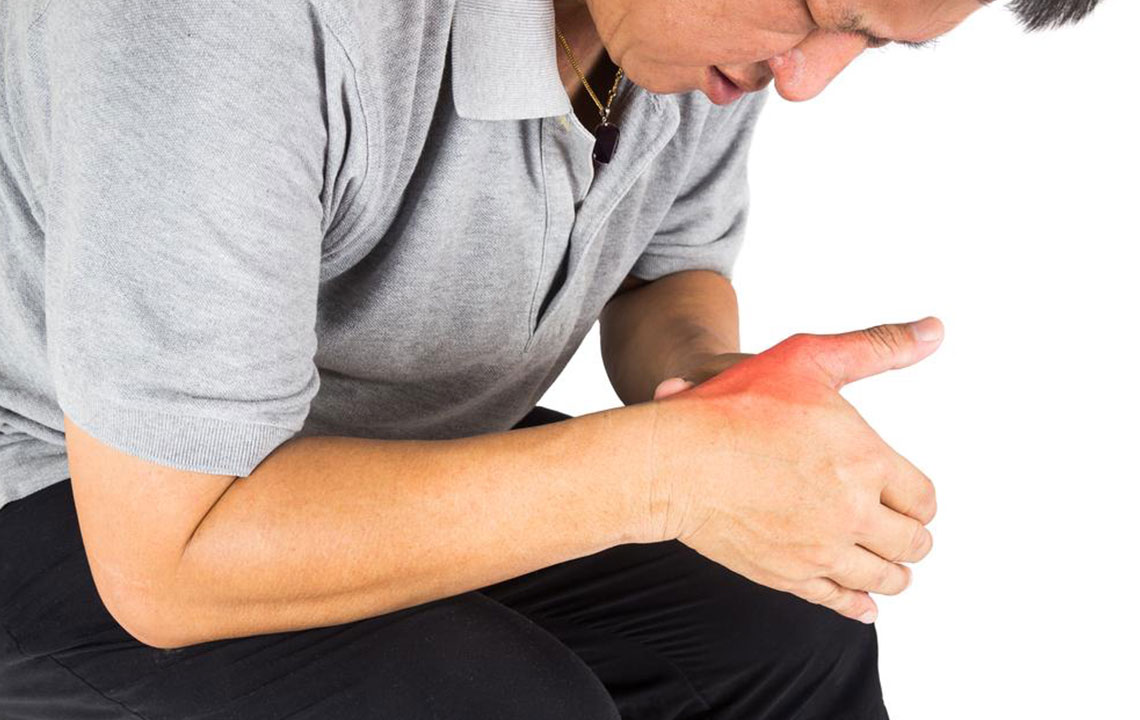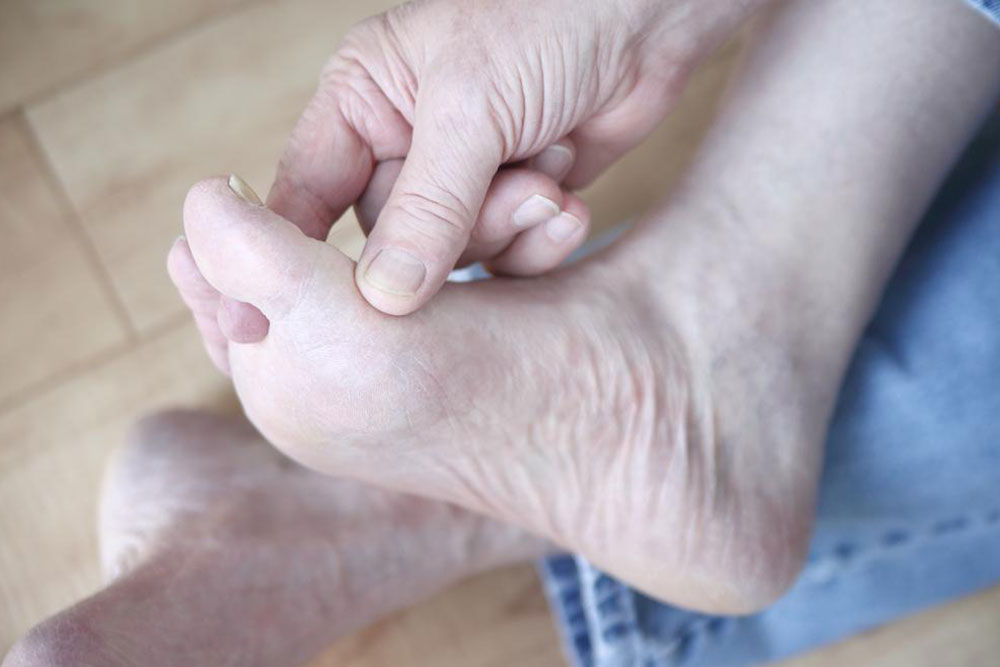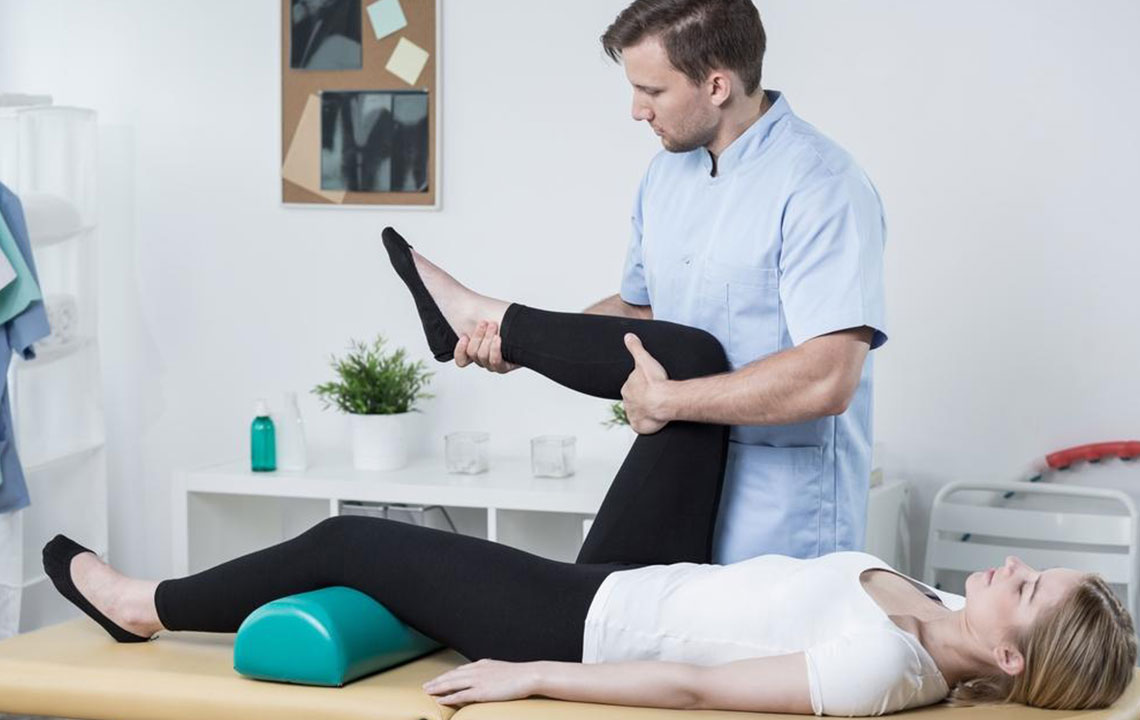Comprehensive Guide to Managing Swollen Finger Pain and Inflammation
This comprehensive guide explores the causes, symptoms, and effective treatments for swollen finger pain. From simple home remedies to addressing underlying conditions like arthritis and infections, learn how to manage and prevent finger swelling to restore comfort and mobility. Whether caused by minor injuries or chronic illnesses, early intervention is essential for optimal recovery. Discover practical tips for easing inflammation, improving circulation, and maintaining healthy fingers through lifestyle adjustments and medical advice.

Comprehensive Guide to Managing Swollen Finger Pain and Inflammation
Swollen fingers are a common ailment that can significantly impact daily life, making simple tasks like gripping objects, typing, or writing painful and difficult. Understanding the root causes of finger swelling is essential for effective treatment and relief. In this detailed guide, we explore the various factors that lead to swollen fingers, the symptoms to watch out for, and practical methods to alleviate the discomfort. Whether caused by injury, infection, allergic reactions, or chronic conditions like arthritis, recognizing the underlying cause allows for targeted treatment, ensuring quicker recovery and better finger health.
Finger swelling occurs due to the accumulation of fluid in the tissues of the fingers. This can happen for numerous reasons, including trauma, infections, allergic reactions, or systemic illnesses. Injuries like cuts, fractures, or bruises can trigger swelling as the body's natural response to protect the affected area. Infections caused by bacterial, viral, or fungal agents can lead to inflammation and swelling, often accompanied by redness, warmth, and pain. Allergic reactions to insect bites, certain foods, or contact with allergens can cause localized swelling, sometimes rapidly enlarging the finger. Additionally, wearing constrictive jewelry like rings or bracelets can impair circulation, resulting in swelling, particularly in warm weather.
Chronic conditions such as arthritis—both osteoarthritis and rheumatoid arthritis—are significant contributors to finger swelling. These conditions cause joint inflammation, deformity, and pain, limiting mobility and affecting quality of life. Gout, another form of arthritis caused by the buildup of uric acid crystals, often affects the fingers, leading to sudden and intense swelling. In women, hormonal changes during pregnancy can also cause fluid retention, leading to swollen fingers. Circulatory issues like lymphedema—a blockage in the lymphatic system—can cause long-term swelling in the extremities, including the fingers.
Understanding the symptoms associated with swollen fingers helps differentiate between minor issues and conditions requiring medical attention. Mild swelling with no accompanying severe pain, redness, or warmth often responds well to home remedies. However, sudden swelling with intense pain, fever, signs of infection, or deformity should prompt immediate medical consultation. Unique symptoms like warmth, redness, or pus indicate infections; persistent swelling combined with joint stiffness suggests arthritis. Recognizing these signs ensures timely intervention and proper treatment, preventing complications and permanent deformities.
Effective management of swollen fingers encompasses a variety of home remedies, lifestyle adjustments, and medical interventions when necessary. Simple measures such as elevating the affected finger above heart level reduce fluid accumulation by promoting circulation. Applying cold compresses or ice packs constricts blood vessels, decreasing inflammation and numbing pain. Gentle finger exercises improve circulation and flexibility, preventing stiffness. Natural treatments like warm oil massages infused with garlic, turmeric, or lavender can soothe inflammation. Black tea compresses, rich in tannins, help reduce swelling and promote healing. Epsom salt baths, due to their magnesium content, can relax muscles and reduce inflammation. These remedies, combined with proper hydration and a balanced diet, can make a substantial difference in recovery.
Addressing underlying causes is crucial for long-term relief. In cases of injury, rest and immobilization are recommended until swelling subsides. For infections, timely antibiotics or antifungals prescribed by a healthcare provider are essential. Chronic joint conditions like arthritis often require ongoing management, including anti-inflammatory medications, physical therapy, and lifestyle modifications. Avoiding constrictive jewelry and reducing salt intake to prevent fluid retention also help control swelling. Maintaining overall finger health through regular gentle exercises and a nutritious diet supports circulation and tissue repair. When swelling persists or worsens despite home remedies, seeking professional medical advice is vital to prevent complications like joint damage or deformity.
Prevention strategies play a significant role in maintaining healthy, swelling-free fingers. Regular hand and finger exercises improve joint flexibility and circulation. Wearing properly fitted jewelry to avoid constriction and keeping hands clean and dry prevent infections. Managing underlying systemic illnesses like diabetes and high blood pressure reduces the risk of circulation problems that lead to swelling. Staying hydrated and reducing sodium intake prevent fluid retention. In colder climates, protecting the hands from extreme temperatures and avoiding excessive pressure or repetitive movements also help prevent swelling. Recognizing early signs and implementing prompt treatment can turn minor issues into manageable conditions, preserving function and health.
In summary, swelling in the fingers is a common issue with a wide range of causes, from minor injuries to complex medical conditions. Effective management involves a combination of home remedies, lifestyle changes, and medical treatment when necessary. Understanding the symptoms, causes, and appropriate interventions ensures speedy recovery and prevents future complications. Whether dealing with mild swelling or severe inflammation, timely action and proper care are key to maintaining healthy, functional fingers. Always consult healthcare professionals if symptoms worsen or do not improve, to receive personalized treatment and avoid long-term damage.





